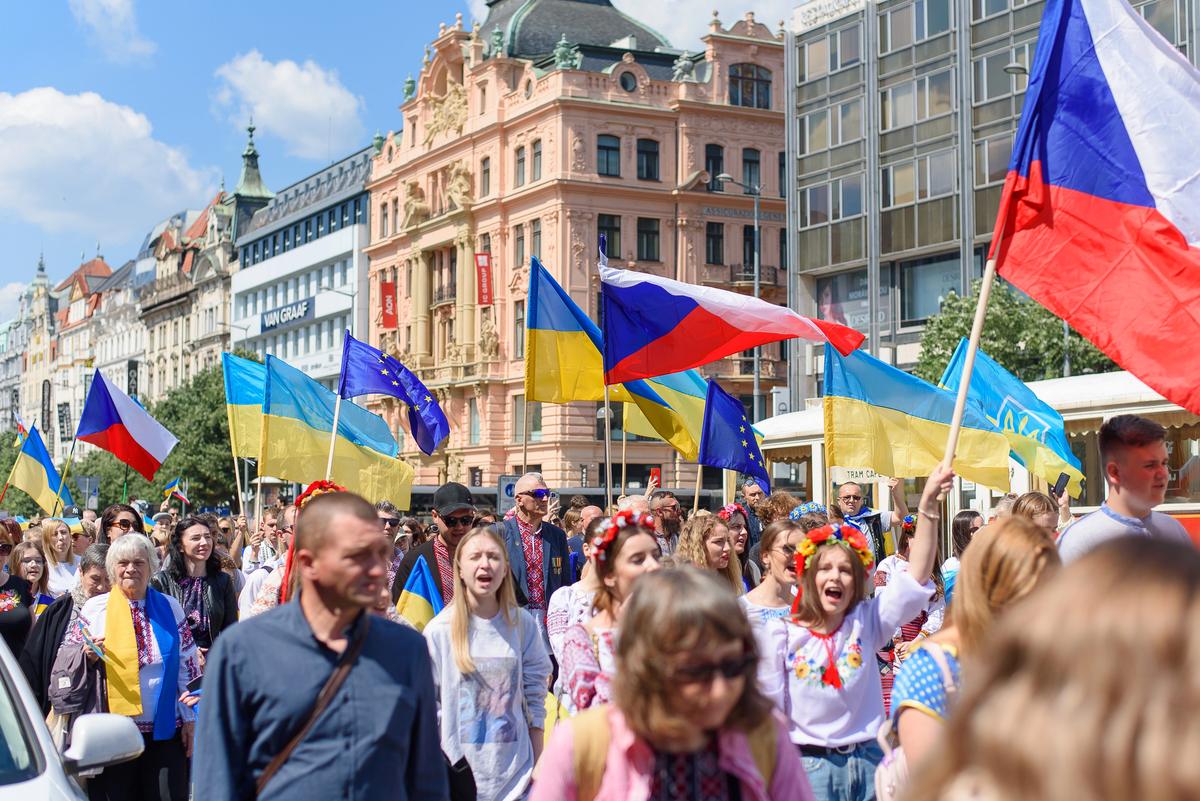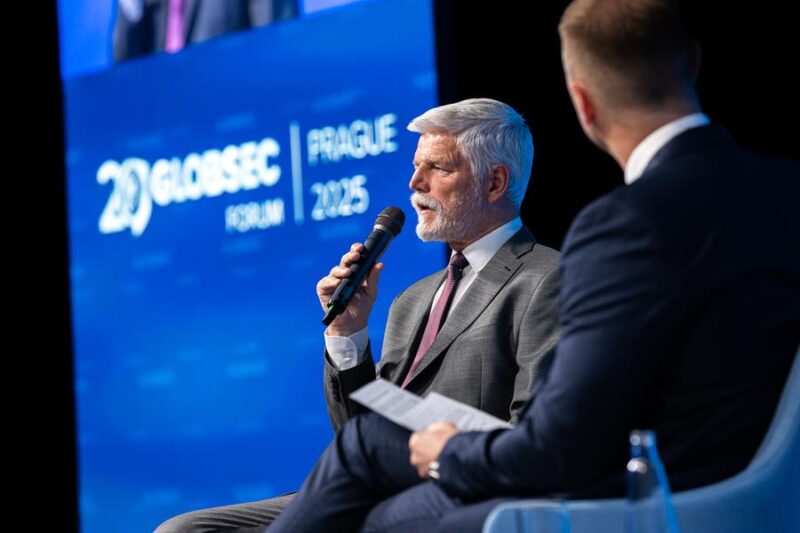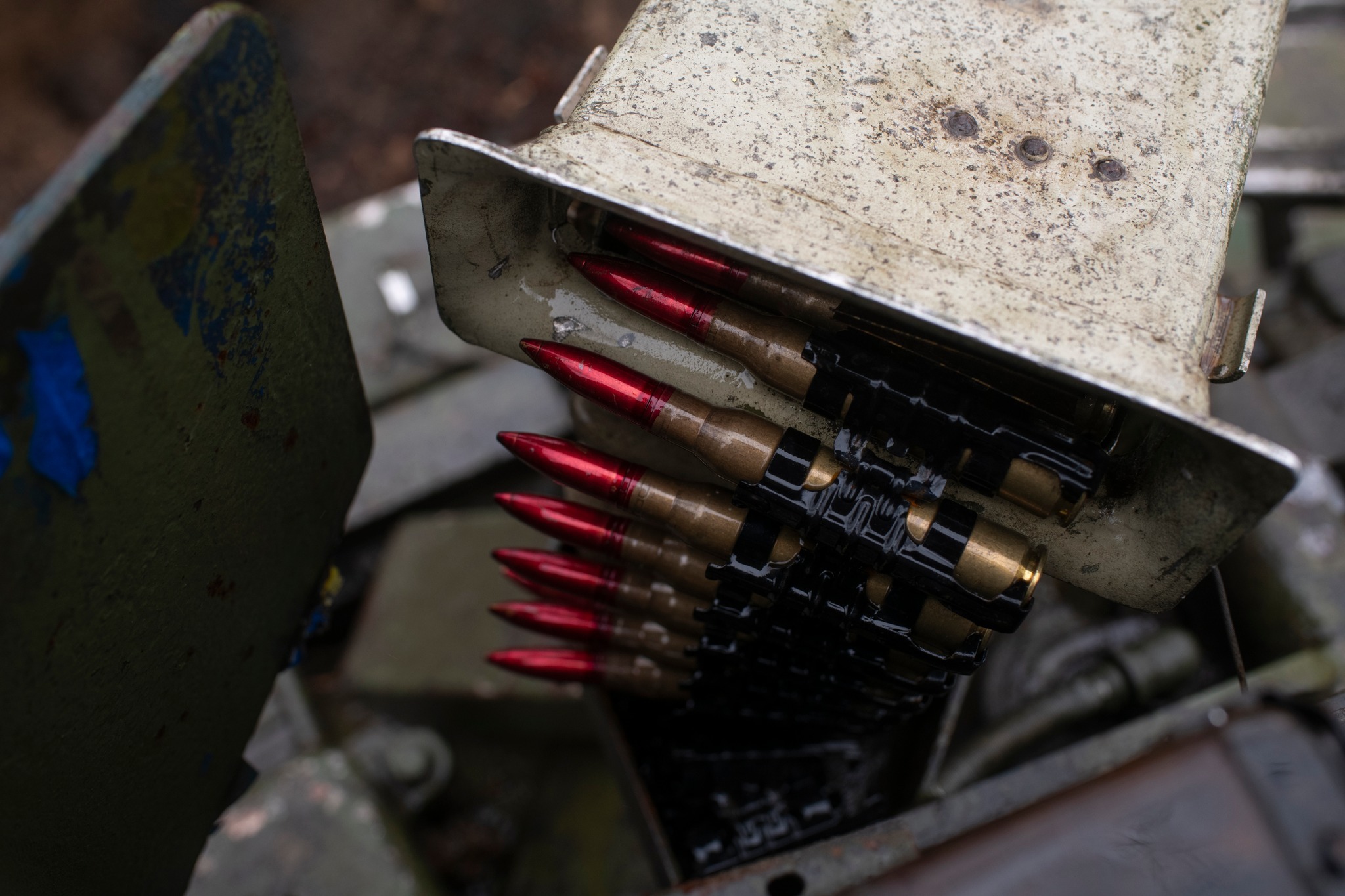"Under Vladimir Putin, Russia has become a single-minded aggressor," Czech President Petr Pavel warned at Harvard last week.
His country, he explained, had "emptied its military house" to arm Ukraine, pioneered an ammunition initiative that delivered over 1.5 million large-caliber shells by August 2025, and reduced Russia's artillery advantage from 10:1 to 2:1.
Now, those days may be over.
As Czechs vote Friday and Saturday in parliamentary elections, billionaire populist Andrej Babiš—who calls the ammunition initiative "rotten and overpriced" and self-describes as a "Trumpist and peacemonger"—leads polls at 30%, poised to return to power after four years in opposition.
The shift represents more than just another European country moving right. Czechia was Ukraine's per-capita champion, ranking in the top 10 globally for aid as percentage of GDP.
It pioneered Europe's most innovative ammunition procurement, sourcing shells from global markets when Western production couldn't keep up—and, in the words of Czechia's foreign minister, allowed to torpedo Russia's artillery advantage over Ukraine from 10:1 to 2:1.
Its loss would complete a Central European axis—Hungary, Slovakia, and now potentially Prague—systematically obstructing Ukraine aid.
But a total policy reversal isn't guaranteed. Analysis by Prague's Association for International Affairs (AMO) suggests EU and NATO membership won't be questioned.
What is expected:
- scaled-back Ukraine support
- potential suspension of the ammunition initiative
- review of 380,000 Ukrainian refugee permits
- and Prague joining Budapest and Bratislava in blocking EU consensus on Russia sanctions.
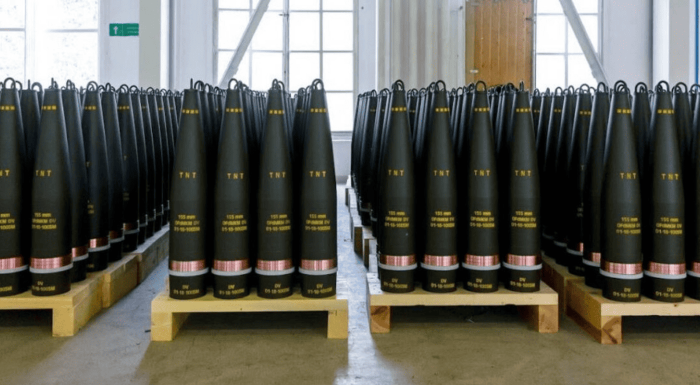
Czech ammunition initiative for Ukraine faces political opposition despite delivery success
Two futures hang on coalition math
The latest Ipsos poll from September 29 shows ANO at 32%, SPOLU at 21%, STAN at 11%, and SPD at 10%. Babiš's projected 63-66 seats fall well short of the 101 needed for a majority in the 200-seat Chamber of Deputies, making coalition negotiations decisive.
- Scenario one: ANO forms a populist alliance with SPD and potentially communist-led Stačilo! (polling at 6-7%). These partners' political programs call for ending Czech military support to Ukraine, including the ammunition initiative, and reviewing Ukrainian refugee status. SPD leader Tomio Okamura wants to "expel most of 380,000 Ukrainian refugees" as a coalition condition.
- Scenario two: ANO forms a pragmatic coalition with moderate STAN or Christian Democrats from SPOLU. This "grand coalition" would temper ANO positions significantly but carries political suicide risks for the junior partner—Social Democrats were obliterated after governing with ANO in 2017-2021.
President Pavel presents a wild card.
The former NATO general who defeated Babiš in 2023's presidential election holds constitutional power to appoint the prime minister and cabinet.
In June 2025, Pavel declared he would "refuse to accept the appointment of ministers who support the country's exit from the EU or NATO," applying this specifically to Stačilo! and SPD nominees for security and foreign policy posts.
This creates constitutional leverage that could force ANO toward moderate coalition partners, though the limits remain legally uncertain and untested.
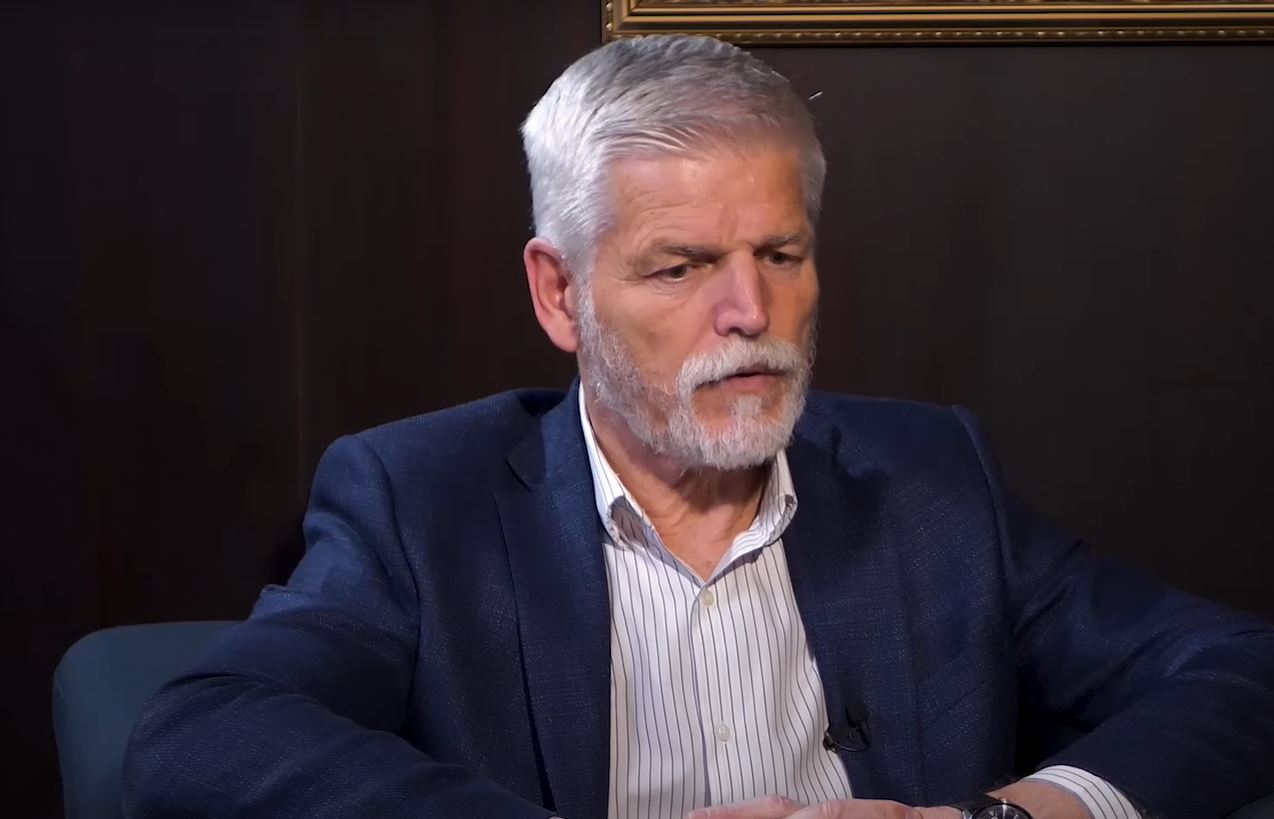
Russian warplanes fly into NATO airspace — Czech President says maybe it’s time to shoot them down
The pragmatic populist puzzle
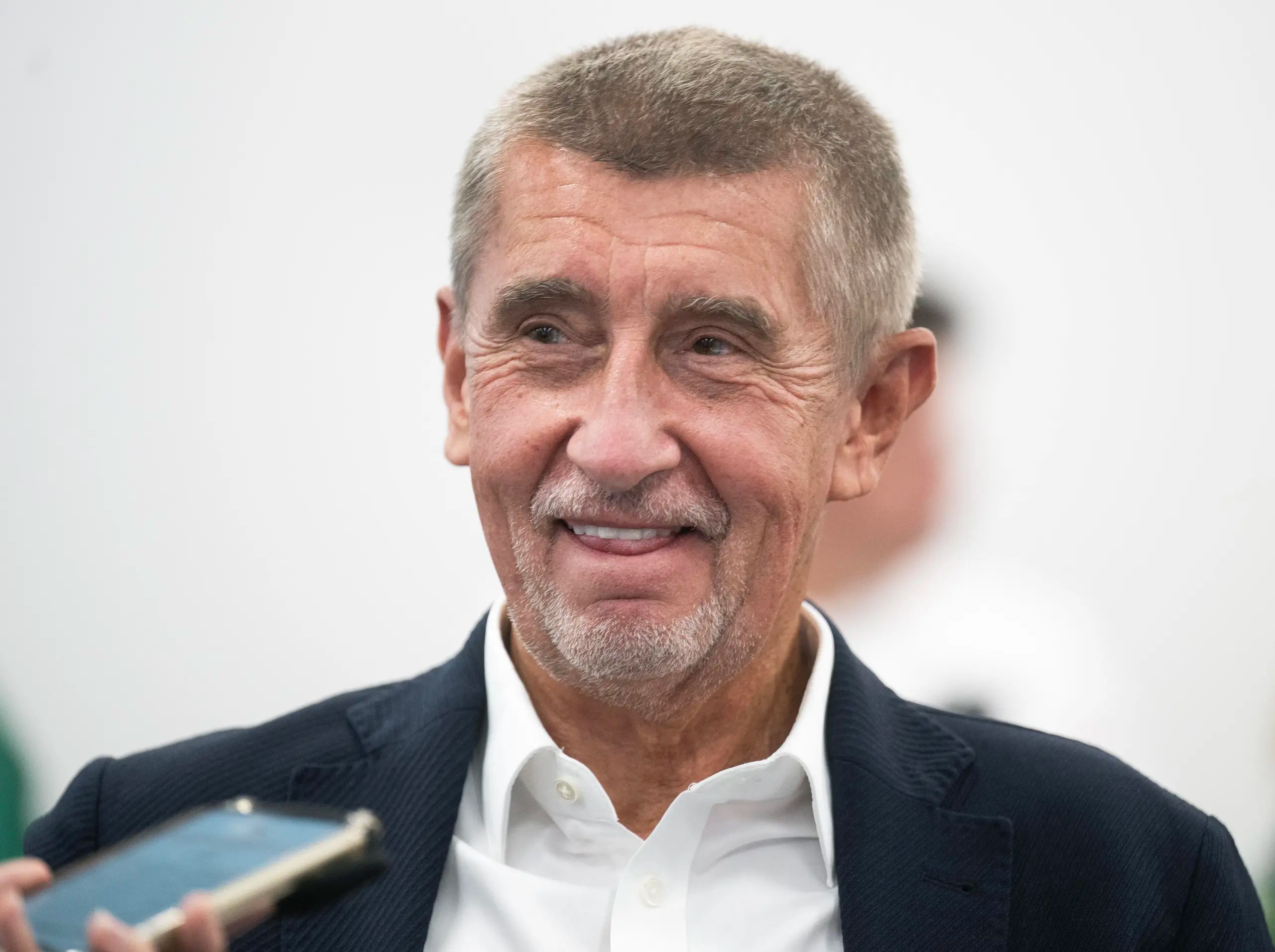
Understanding Babiš requires looking past the "Czech Trump" label. "Babiš has a reputation as sufficiently pragmatic (or cynical) to downplay his Ukraine-skeptic and NATO-skeptic views in the interest of taking power again," notes former US Ambassador Daniel Fried.
The 71-year-old billionaire—worth $4.4 billion from his Agrofert conglomerate—governed as prime minister from 2017 to 2021 without dramatically shifting foreign policy. His current anti-Ukraine rhetoric may be electoral positioning, constrained by business interests more valuable than Moscow or Beijing can offer.
"ANO, led by Babiš, have insisted that accepting the country's continued membership in the EU and NATO is the 'red line' in their talks with potential coalition partners," reports Warsaw's OSW Centre for Eastern Studies. "This is a signal to prospective allies, namely SPD, which has called for a referendum on EU membership."
"He is like a sunflower," says Jan Rafael Lupoměský, a former Czech presidential adviser. "He is always turning his head towards the sun of political support from unhappy citizens."
How the unthinkable became thinkable
The transformation from 80% public engagement with Ukraine in February 2022 to 51% opposing military aid in February 2025 stems from genuine grievances amplified by sophisticated exploitation.
Czech households lost an average 3.5% of disposable income from energy inflation between February 2022-February 2023, with gas prices rising 110% and electricity 95%. Pensioners lost 5.7% of income, single parents 4.6%.
With 97% dependence on Russian gas in early 2022, Czech Republic ranked fifth highest in Europe for energy inflation impact.
Inflation peaked at 17-18%—the highest since December 1993. Real wages didn't recover to 2019 levels until 2024, leaving a multi-year period of declining living standards that became the campaign's dominant issue.
Support for "quick end to conflict even at cost of territorial concessions" reached 72% by early 2025.
Russian disinformation amplified these grievances.
- Czech intelligence busted the Voice of Europe network in March 2024—a Moscow-financed Prague-based propaganda operation paying European politicians to discourage Ukraine aid.
- Researchers uncovered ~300 anonymous TikTok accounts with cumulative reach of 5-9 million views per week, exceeding the combined official accounts of all major party leaders.
Babiš exploited perception gaps expertly. Czech contribution to the ammunition initiative represents less than 2% of total funding—other nations paid, but Czech diplomacy orchestrated procurement. Yet Babiš successfully transformed it from foreign policy achievement into domestic economic liability with his "rotten and overpriced" criticism.
The new European divide
The Czech shift fits a broader pattern transforming European politics.
"What we have is a cleavage between status quo, mainstream liberals and illiberal disruptors," explained regional expert Daniel Hegedüs at a panel discussion during the GLOBSEC forum in Prague.
"That killed the existing elite consensus about foreign and security policy strategic issues, even in those countries where it was the fiercest in Europe."
Hegedüs warned that Czech populists might exploit "anti-German sentiment in Czech foreign policy, what we have seen in Poland over the past couple of years," noting how opposition forces spot opportunities to broaden support "by actively creating anti-Ukrainian sentiment with the argument that providing support to Ukraine is detrimental for the whole society and economy."
But the pattern shows divergence, not uniformity.
- Poland maintains 4.7% of GDP defense spending—highest in NATO—and welcomed over 1 million Ukrainian refugees across governments.
- Slovakia's Robert Fico officially ended state military aid, yet state-controlled companies delivered 150,000 rounds of 155mm ammunition in 2024 through commercial contracts.
- Hungary represents established authoritarianism dating to 2010, not recent change.
Founded in 1991 for NATO/EU accession coordination, the Visegrad Group is now "irrevocably ruptured" over Ukraine, according to AMO analysis. Poland and Czech Republic now prioritize other formats like the Weimar Triangle and Bucharest Nine, forming a Prague-Warsaw axis against Budapest and Bratislava.
What comes next
Results expected Saturday evening will determine whether Europe's ammunition architect becomes the next country undermining EU consensus on Ukraine.
A coalition with SPD and Stačilo! would end government activities to arm Ukraine, potentially suspend the ammunition initiative, review residence permits for 380,000 Ukrainian refugees, and create a Central European axis opposing Western policy.
A grand coalition with moderates would scale back but not eliminate support, maintaining EU alignment while reducing bilateral military aid.
The ammunition initiative has funding secured through 2026, with plans to deliver 1.8 million shells by end of 2025, but its continuation depends entirely on the election outcome.
But business interests, presidential powers, and coalition arithmetic may moderate actual policy outcomes despite campaign rhetoric. The gap between what Babiš promises voters and what structural factors allow him to deliver will determine Ukraine's actual impact from Prague's political earthquake.
